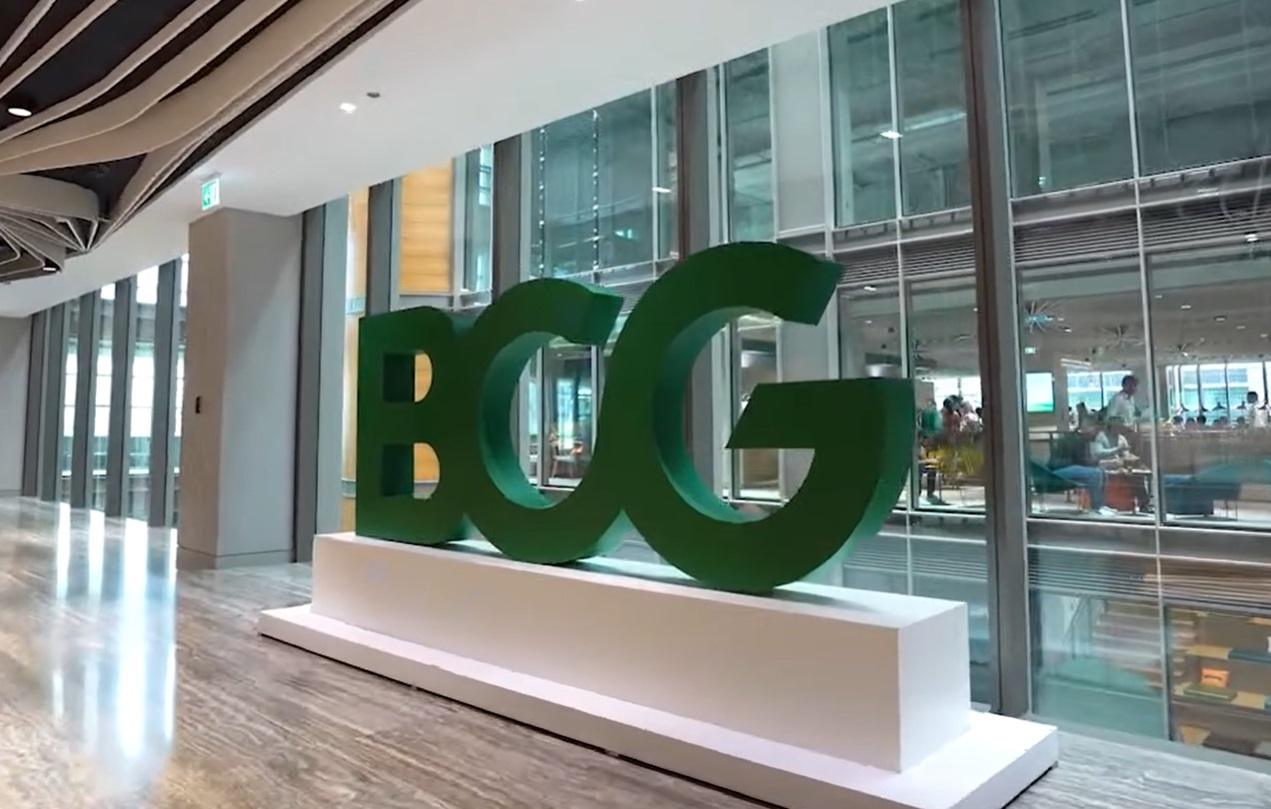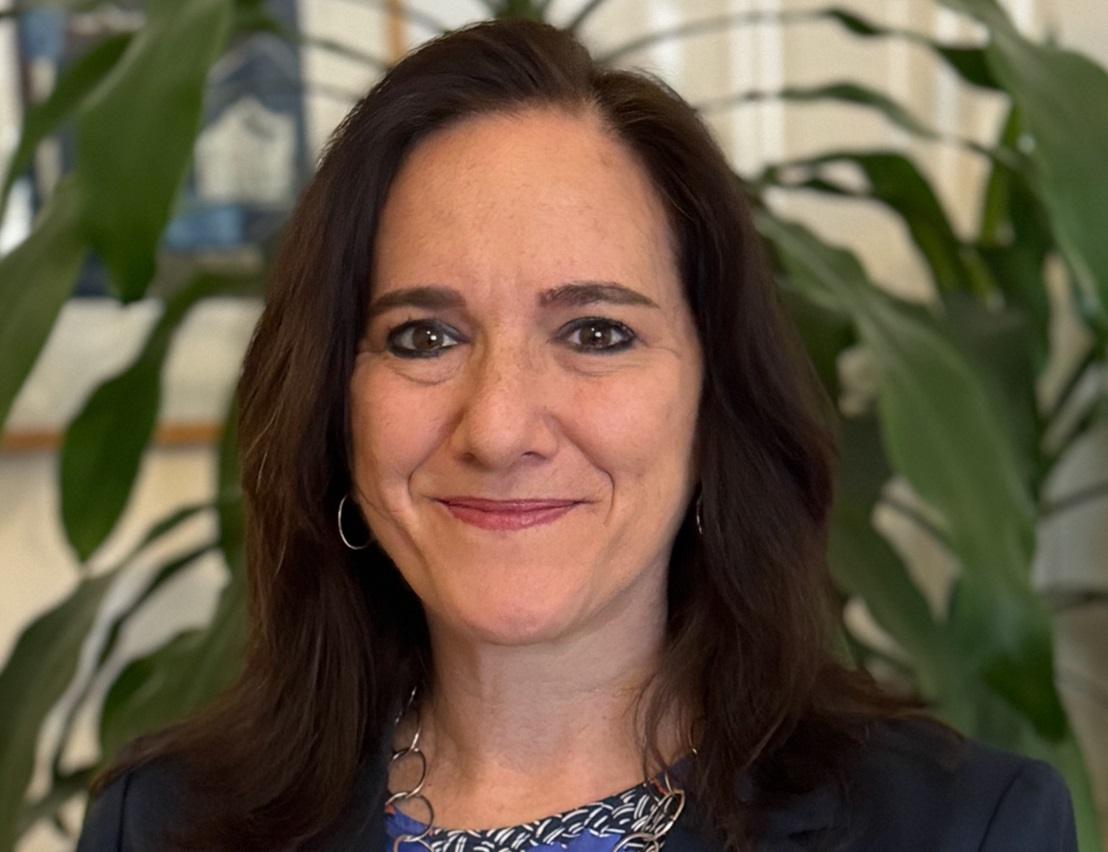Major Shippers Commit to Measure and Disclose Climate Alignment of Shipping
A group of the world’s largest shippers, from industries including energy, agriculture, mining, and commodities, have established the Sea Cargo Charter, committing to measuring and disclosing the climate impact of their shipping activities.
According to the Sea Cargo Charter, shipping is a significant contributor to global GHGs, representing 2%–3% of global carbon dioxide emissions.
The Sea Cargo Charter initiative establishes a framework for assessing and disclosing the climate alignment of chartering activities, consistent with the policies and ambitions adopted by member states of the International Maritime Organization (IMO), a specialized agency of the United Nations responsible for regulating shipping. The charter creates common global baselines that are consistent with and supportive of society’s goals to better enable charterers to align their chartering activities with responsible environmental impacts.
The Sea Cargo Charter follows four key principles, including assessment of climate change, accountability, enforcement, enforcement and transparency. Signatories will commit to calculating the climate alignment of their chartering activities relative to established decarbonization trajectories; utilizing verification mechanisms for the provision of information used to assess and report on climate alignment; ensuring ongoing compliance with the Sea Cargo Charter for new chartering activities, and; publishing the results of the climate alignment scores of chartering activities on an annual basis.
Jan Dieleman, President, Cargill Ocean Transportation and Chair of the Sea Cargo Charter drafting group, said:
“A standard greenhouse gas emissions reporting process will simplify some of the complexities often associated with reporting. It will encourage a more transparent and consistent approach to tracking emissions, which will be a critical part of making shipping more sustainable.”
The 17 Founding Signatories of the Sea Cargo Charter include ADM, Anglo American, Bunge, Cargill Ocean Transportation, COFCO International, Dow, Equinor, Gunvor Group, Klaveness Combination Carriers, Louis Dreyfus Company, Norden, Occidental, Shell, Torvald Klaveness, Total, Trafigura, and Ørsted.
Rasmus Bach Nielsen, Global Head Fuel Decarbonisation, Trafigura, said:
“The shipping industry as a whole needs to adopt a transparent approach, advocated by the Sea Cargo Charter, in order to fully understand the sector’s overall greenhouse gas footprint and for us to collectively rise to the challenges faced.”
Grahaeme Henderson, Global Head, Shell Shipping & Maritime, said:
“The Sea Cargo Charter is an important step in laying the foundations for a net-zero emissions shipping industry. Collaboration such as this, from across the sector, is vital to scale-up customer demand for low- or zero- emissions shipping. This same spirit of collaboration is also vital in the pursuit of the technological advances needed to unlock decarbonisation solutions, and in building industry support for regulation which can create an ambitious but level-playing field under which to invest. Building on this momentum we would like the IMO to use its 2023 strategy review to set the trajectory for the sector to move to net-zero emissions by 2050.”





